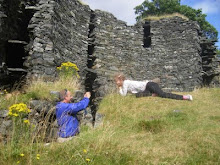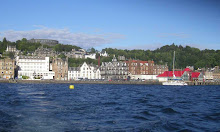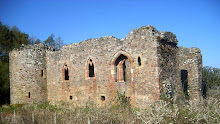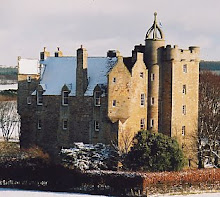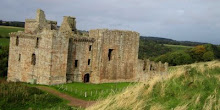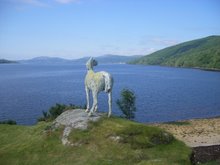 There was a distinctly Basque feel to this year's Inverness Highland Games. Guests Nazioen Mundua supplied music, dance, strongmen, wood choppers and a yoaldunak band - who play their instruments with their bums (actually just one instrument and just one note but impressively loud). This unmissable display punctuated my personal highlight of the games, a quiet (well it was meant to be quiet) drink with best selling author Diana Gabaldon who was doing a book signing in the clan village.
There was a distinctly Basque feel to this year's Inverness Highland Games. Guests Nazioen Mundua supplied music, dance, strongmen, wood choppers and a yoaldunak band - who play their instruments with their bums (actually just one instrument and just one note but impressively loud). This unmissable display punctuated my personal highlight of the games, a quiet (well it was meant to be quiet) drink with best selling author Diana Gabaldon who was doing a book signing in the clan village.Diana's novels must have brought thousands of extra tourists to
 Scotland, exploring the romance of 18th century Highland living, hoping perhaps to meet her dashing, scholarly, gentlemanly (and above all sexy) hero, Jamie Fraser.
Scotland, exploring the romance of 18th century Highland living, hoping perhaps to meet her dashing, scholarly, gentlemanly (and above all sexy) hero, Jamie Fraser.I have been running guided tours for fans of the novels for several years now and it was an enormous pleasure to meet the softly spoken, highly engaging, creator of the series - so interested in this distant world where she is a celebrity guest. I'm looking forward to continuing our conversations, without the unforgettable accompaniement of the yoaldunak.
Incidentally if you would like to see the yoaldunak being performed in a Basque village, rather than the Clan Village, click here (and wait a minute or so for it to load).
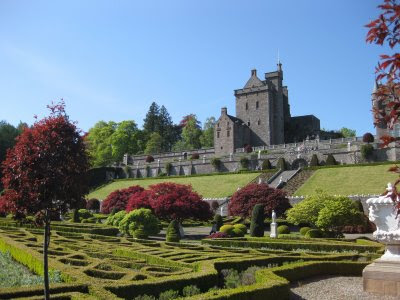 I was there two weeks ago. Looking out on the fine formal terraced gardens it was hard to imagine the despair of brave men contemplating defeat, attainder, life-long exile, the loss of everything that they couldn't carry with them.
I was there two weeks ago. Looking out on the fine formal terraced gardens it was hard to imagine the despair of brave men contemplating defeat, attainder, life-long exile, the loss of everything that they couldn't carry with them. 











































